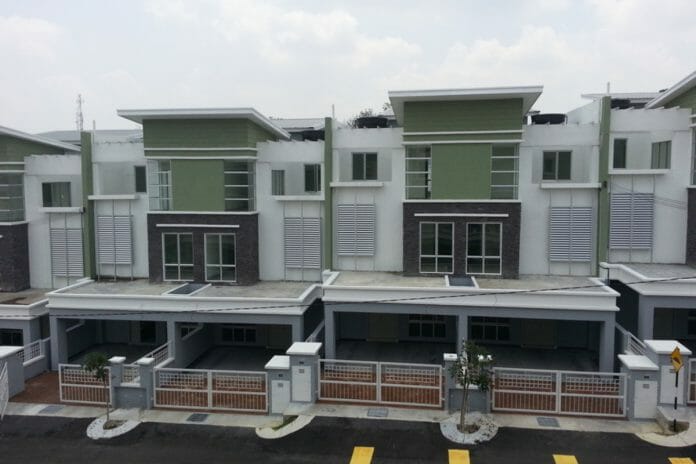Bank Negara’s decision to leave the overnight policy rate unchanged at 3% has reassured the Malaysian real estate market, according to comments released by Juwai IQI Co-Founder and Group CEO Kashif Ansari. “In simple terms, Bank Negara’s decision means housing will remain relatively affordable compared to the alternative. Home buyers and owners won’t see their mortgage payments go up. Landlords won’t feel financial pressure to raise rents on their tenants.
The CEO expects the Central Bank to leave the rate unchanged at its next meeting in November.
So How Much 25 Basis Points Cost Homeowners Every Month, Ansari says for a typical loan, every time the mortgage interest rate increases by 25 basis points, the monthly payment climbs by about RM77. For example, by using a hypothetical loan of RM500,000 with a 30-year term at a 5% rate. Monthly payments climb from RM2,684 to RM2,761. This decision to leave the rate unchanged comes in the context of recent good economic news. The first piece of good news is that inflation seems to be under control, with headline inflation falling for the last 11 months to just 2% year-on-year in July. That’s the lowest level since August 2021 he added.
While global economic growth is slowing, Juwai IQI’s August forecast pointed out that Malaysia’s outlook is surprisingly bright and forecast GDP growth of 4.7% this year and 4.9% in 2024. Bank Negara forecasts a growth rate of 4% to 5%, and UOB Research is expecting 4% GDP growth.
Looking back, the overnight policy rate has climbed by a cumulative 125 bps since May 2022. That is the fastest increase since records began, and it’s working at cutting inflation and stabilising the economy. The Bank made four rate hikes in 2022, totalling 100 basis points, and then again raised the rate by 25 basis points in May 2023.
House Price Index Climbs 3.5% in 2022
Ansari noted that Malaysia benefitted from Bank Negara’s global leadership in the battle against inflation when BNM started raising rates before other central banks. That kept inflation from getting as high and causing as much damage as it has in the U.S. and Eurozone. The economy will keep growing for the rest of 2023, and inflation will keep dropping.
“Whether Bank Negara raises, lowers, or leaves rates steady in 2024 will depend on how strong the economy is and how fast prices grow. Homeowners hope the economy remains strong enough to support high employment and household income but not so strong that Bank Negara has to raise rates and make their mortgages more expensive. Right now, we seem to be in that lucky zone, Ansari said.
How Malaysia Compares
Rates in other Southeast Asian countries are climbing. In Singapore, the benchmark rate, known as the Singapore Overnight Rate Average or ‘SORA’ was 3.674% on the first of August. That’s up from 3.029% on January first. Many home loans are linked to the SORA. It is a calculation of the volume-weighted average rate of borrowing transactions in the unsecured overnight interbank SGD cash market in Singapore between 8am and 6.15pm.
In Thailand, the central bank raised its policy rate in August for the seventh consecutive increase. The Bank raised the rate by 25 basis points to 2.25%. “Look around the region and you see that Malaysia’s inflation, economic growth and interest
rates environment are relatively good.”









